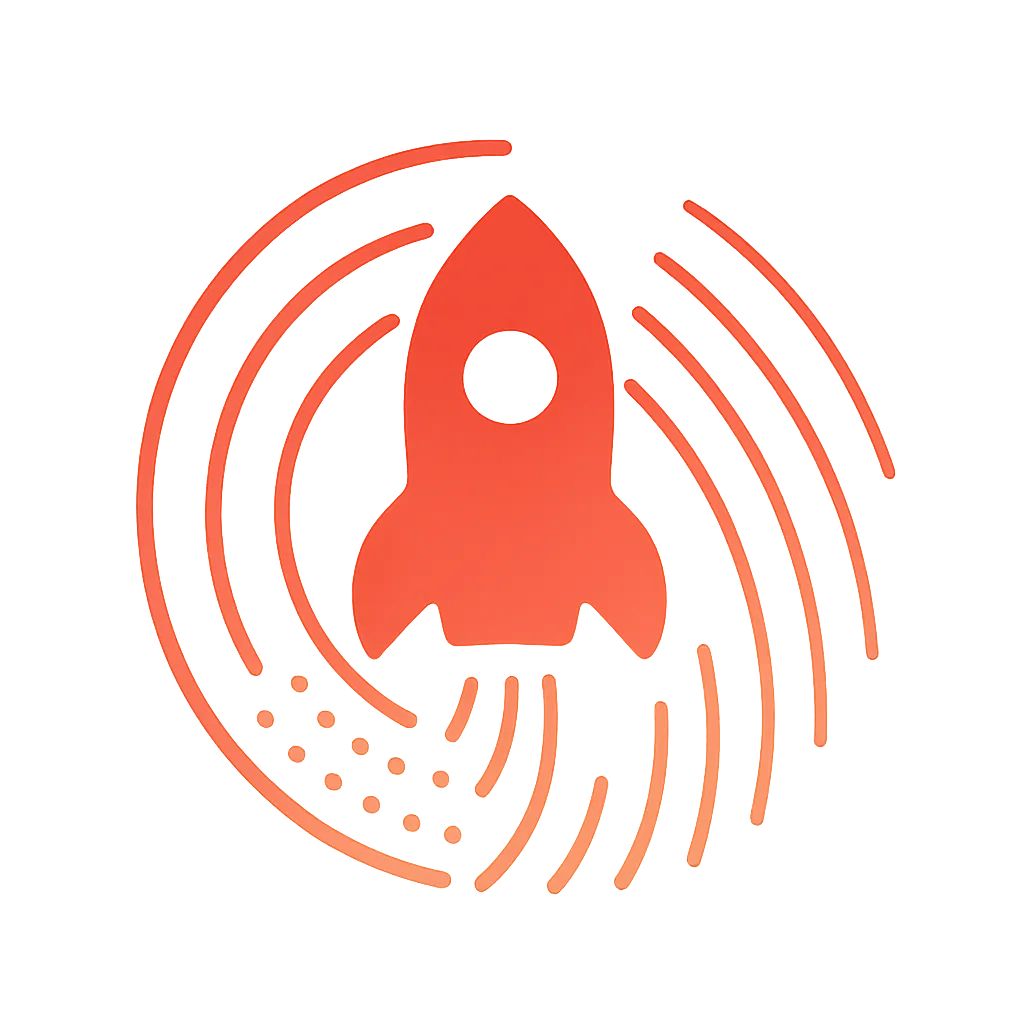
Online Training for People Who Are Sick of Their Own Excuses.
The structure, coaching, and accountability you need to build the life you keep saying you want.
CLICK BELOW TO WATCH FIRST!
TESTIMONIALS
REAL PEOPLE, REAL RESULTS

Steve G.


Sarah L.


Bobby G.

You're here because you're tired of not getting results.
You've done the gyms. You've done the diets. You've probably even tried apps, classes, and all the quick fixes that promised big things—but never delivered. Truth is, none of that was built for YOU.
You need someone who actually knows what they're doing
You need accountability
You need simplicity
This is one-on-one training built specifically for people who've tried everything else and are finally ready to win.
You don't get generic plans, you get custom-built strategies tailored to your body, your life, and your goals.

Stop Wasting Money on a
Membership You Don’t Use
You know that cycle: sign up full of motivation, hit the gym for a while, then “life gets in the way.” Before you know it, you’re dodging automated billing calls while you haven’t worked out in weeks.

Structured Training Sessions
Each workout is planned to hit maximum intensity without burning you out or wasting your time. No waiting for machines. No “browsing” the gym. You come in, you get it done.
Tailored Fitness & Nutrition
Generic classes and fad diets are a waste of your time. We craft both workouts and eating strategies that blend into your real life. If you can’t maintain it, we don’t prescribe it.


Relentless Accountability
We do more than show you how to lift or squat. We keep you on track with consistent check-ins—because busy adults need structure, not another chance to vanish when life gets hectic.
Here's the truth you need to face
You can keep scrolling…
keep looking for easy answers…
and stay stuck exactly where you are.
Or you can stop making excuses, stop waiting for the perfect moment, and start making the uncomfortable decisions that will finally change your life.
The choice is yours—stay frustrated, or take action.
Ready to Finally Take Action?
Sign up for the right plan for you below.
We’ll create a direct path to your goals.
MONTHLY
1 on 1 with Coach Pat
Custom 1 on 1 Training Program
Custom Nutrition Plan
Private 1 on 1 Message with Coach Pat
Weekly Check Ins
Daily Accountability
Access to all my nutrition resources
24/7 Nutrition Coach Ai
$197/mo.
Hear From Our Clients
Lorem ipsum dolor sit amet, consectetur adipiscing elit. Nulla non suscipit ipsum. Sed semper nibh eu mi eleifend.

Lorem ipsum dolor sit amet, dolor consetetur sadipscing elitr, sed diam nonumy eirmod tempor invidunt ut labore et dolore magna aliquyam
Chris Breen
Legacy Decks Academy

Lorem ipsum dolor sit amet, dolor consetetur sadipscing elitr, sed diam nonumy eirmod tempor invidunt ut labore et dolore magna aliquyam
Deric Keller
Exit Momentum

Lorem ipsum dolor sit amet, dolor consetetur sadipscing elitr, sed diam nonumy eirmod tempor invidunt ut labore et dolore magna aliquyam
Michael Buffington
GameChanger Chiropractic

© 2025 Jaxfit- All Rights Reserved